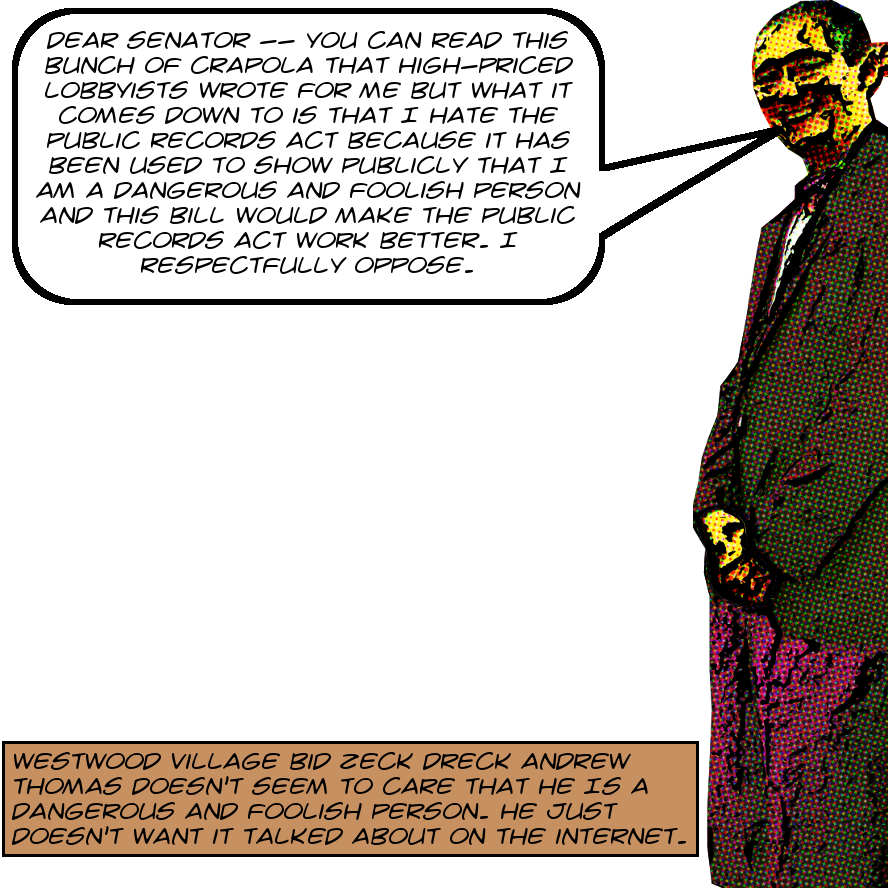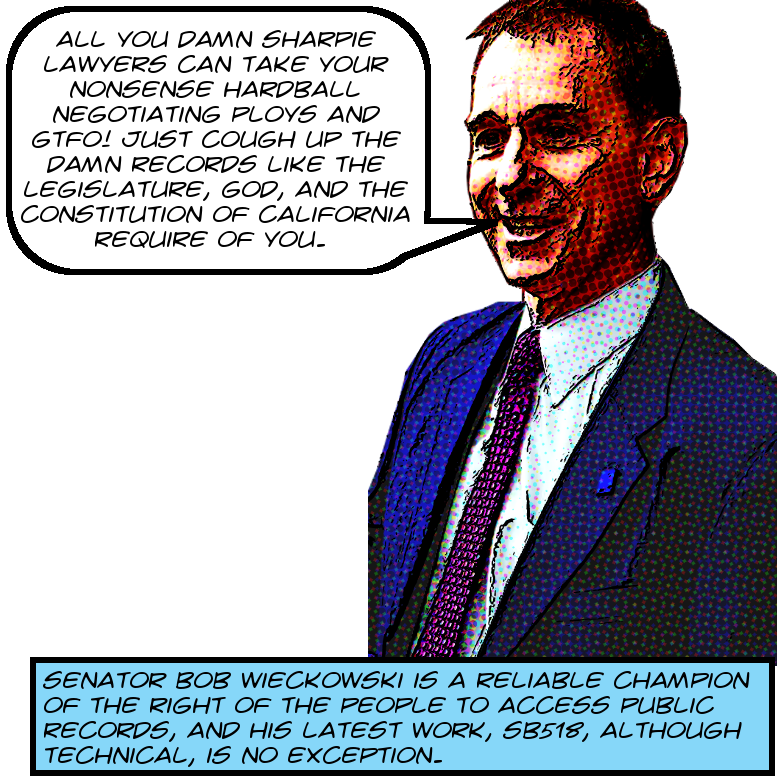According to the Los Angeles City Charter the City Attorney represents the City of Los Angeles in lawsuits.1 Which means that from time to time the City Attorney has to consult with the City Council to ask for direction from their client, the City of Los Angeles.2 On such occasions the Brown Act allows3 such meetings to take place in secret, which they always do.
But prior to such meetings the City Attorney’s office sends a confidential report to the City Council so that they can be ready to discuss. These reports are generally exempt from release4 under the California Public Records Act, but from time to time I manage to lay my hands on a copy of one. This last happened with the employment practices case brought by LAPD officer Ray Garvin against the City of Los Angeles.
And today I have another such confidential report for you. This is from January 2020 and has to do with the case Castillo v. City of LA,5 in which a police dog bit plaintiff Heller Castillo during an LAPD operation in which he was in no way a suspect. Lisa W. Lee, the Deputy City Attorney handling the case, recommends in this report to City Council that she be allowed to make a 998 offer of $75K to settle, even though, as Lee says:
it is anticipated that Plaintiff will not accept an offer of $75,000, [but] we believe that we should make the offer as a tool to encourage settlement.
Lee doesn’t think Castillo would accept $75K because he is asking for $800K, because the state of California imposes strict liability for police dogs biting non-suspects, and the facts are horrific, so that a jury is unlikely to find in the City’s favor:
Continue reading In 2016 An LAPD Police Dog Attacked Heller Castillo — When He Opened His Front Door Because He Thought The Police Wanted Him To — Although He Was Not A Suspect In Any Way — The Law Imposes Strict Liability For Non-Suspect Police Dog Attacks — A Top Secret Confidential Report Obtained By MK.Org Reveals That In January 2020 Deputy City Attorney Lisa Lee Recommended A $75K Settlement Offer Because “a jury would almost certainly find in favor of the Plaintiff” — Which Is A Good Reason To Settle — But Lee Thought The Plaintiff Would Refuse — He Was Asking For $800K And His Lawyers Surely Know About Los Angeles Juries — However Ending The Case Was Not Lee’s Purpose — Which Is Apparent Since She Recommended A So-Called 998 Offer — Which Is An Aggressive Litigation Tactic — That Is Absolutely Not Reasonable For Cities To Use Against Citizens — Cities Ought To Seek Justice — Not Petty Revenge — The Case Is Ongoing By The Way — Trial Setting Conference In April 2021


